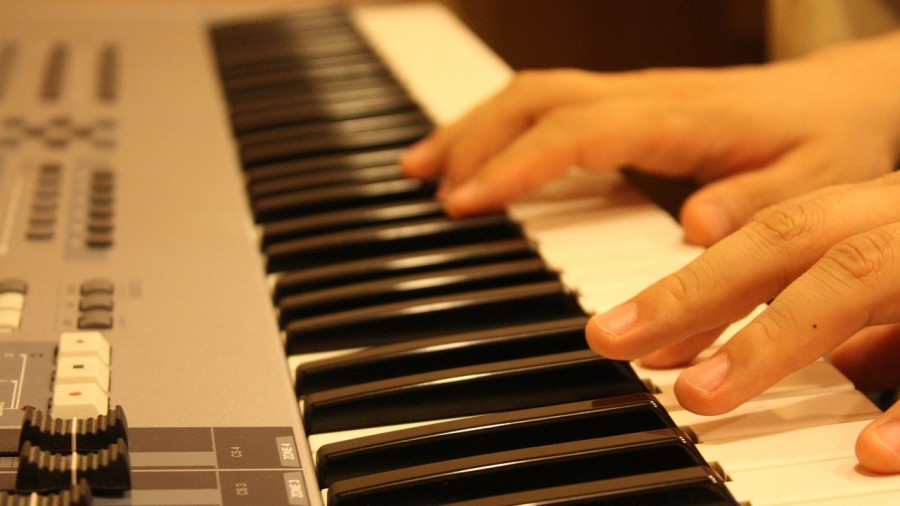OPINION: Listen to instrumental music, your brain will thank you
July 24, 2015
As a college student who has a hard time focusing on one thing like studying or doing homework, I find listening to music is useful because it helps me concentrate on what I am doing at the time.
Brain and music connection
I am a hyperactive person, so as a kid growing up, I would have never been able to just sit down and study for anything. Luckily I am very quick learner; I wouldn’t have any problem with finishing my science homework in a really short period of time. However, as I get older, things get harder so I need to focus to do my homework. Listening to soft piano or Mozart’s piano really make my brain works much better.
According to otolaryngologists from hopkinsmedicine.org, “Music is structural, mathematical and architectural. It’s based on relationships between one note and the next. You may not be aware of it, but your brain has to do a lot of computing to make sense of it.”
Playing Piano also has a lot of benefits for the brain. According to an article on brainconnect.com, the region of the cortex responsible for analyzing pitch is 25% larger in piano players.
Thomas Elbert, and a team of psychologists at the University of Konstanz in Konstanz, Germany, claimed that the motor cortices responsible for small motor movement in the left hand string instrument players were much larger than normal.
“The primary somatosensory cortex of humans depends on use and changes to conform to current needs and experiences of the individual,” Elbert said.
Repairing brain damage with music
According to science, music has the power to repair damage parts of the brain
People who can’t speak because parts of their brain are damage can be repair with Melodic intonation therapy. As we all know our left-brain responsible for language, this means that if the left-brain is damage, individuals will be trouble speaking. With this method, the brain will be trained over time to move those functions to the other side by playing music on the side of the brain. It essentially will rewire a lifetime of growth.
Listening to music will also release dopamine because the pleasurable effects that music have on the brain. Dopamine will help the brain function better; this can lead to creativity, faster problem solving, and better focusing.
Other benefits from music
Music causes the body to release endorphins to help release pain. Slow music also relaxes by slowing down heart rate and breathing.
Music can also boost immunity. Certain kinds of music create positive emotional experiences, which will help to release immune-boosting hormones. This also means decreasing levels of stress related cortisol and high levels of cortisol will lead to decrease in immune response.
Listening to music improves athletic performance, music make people feel like exercise more like recreation and less like working out and can even increase levels of physical arousal and physiological responses.

